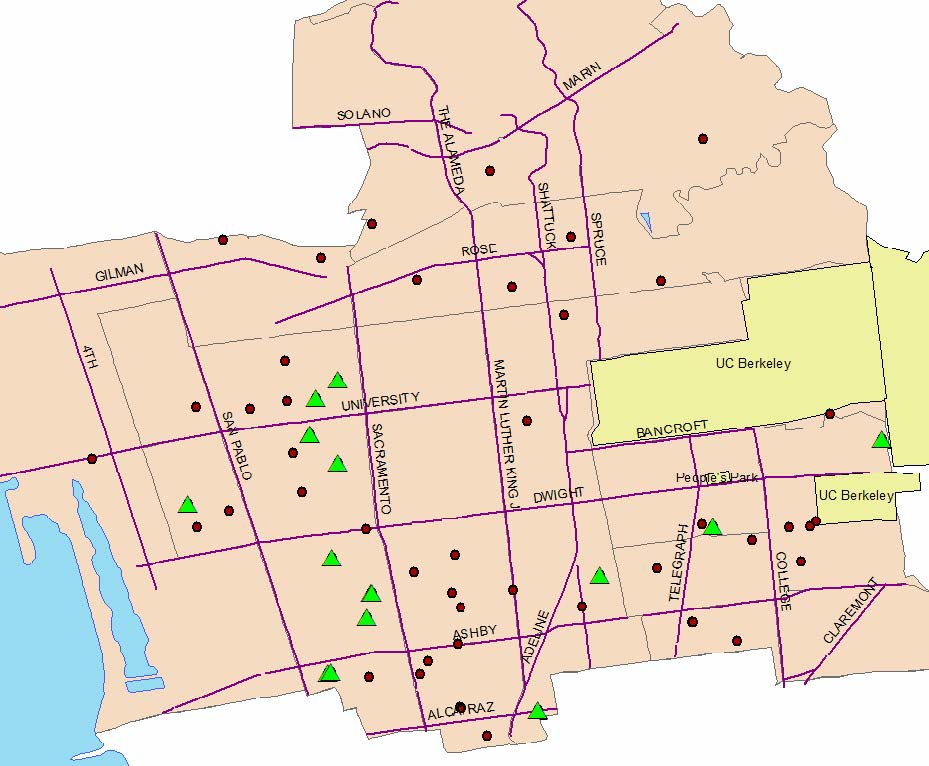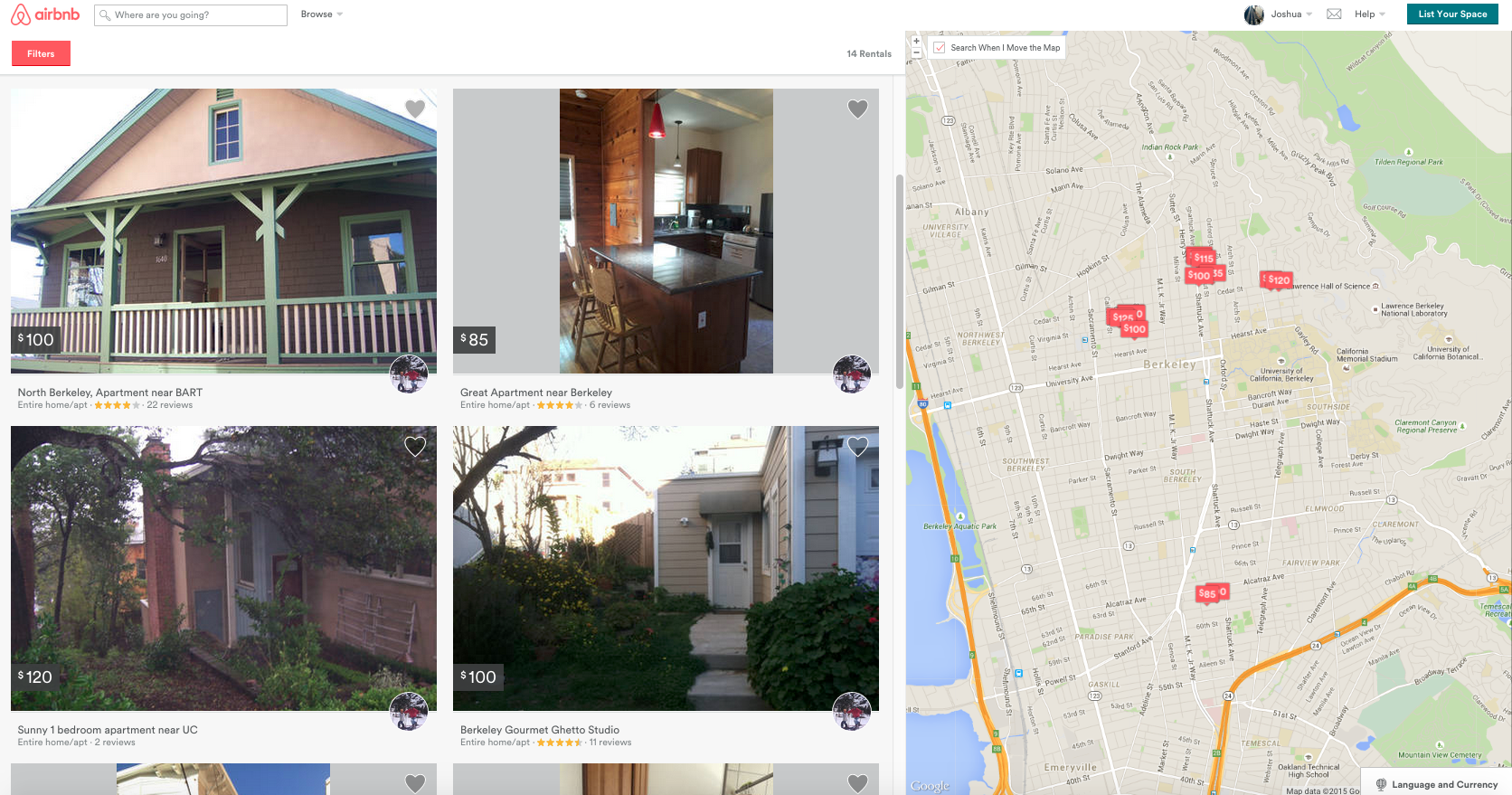Owner Move-In Evictions

On Tuesday, the Berkeley City Council will consider a request from the Rent Board to place a measure on the November 2016 ballot to update the Rent Ordinance. Because that law was passed by the voters, it can only be changed at the ballot box. This will be Item 48 on the June 14th agenda.
Update: This Will Be On The November Ballot
Summary of the Changes
The main request is to revise the amount of assistance tenants receive when they lose their homes to an owner move-in eviction (OMI). Berkeley’s relocation funds have not been updated since 2000. The changes would also expand relocation assistance to all tenants; currently only low-income Berkeley tenants get any recompense at all after such no fault evictions. Berkeley is the only rent controlled jurisdiction in California which restricts help by income. Since rents have gone up over 40% in five years, all tenants need help with moving costs and new security deposits.
The other important change to the Rent Ordinance would be to protect families with children from owner move-in evictions during the school year. An owner could still evict a family, but the family would not have to disrupt their children’s education and could wait until the summer to relocate. San Francisco has had such protections for renter families for many years.
OMI evictions in Berkeley doubled between 2013 and 2014.
When Berkeley voters passed “Measure Y” in November 2000, they also voted to have the Rent Board monitor such evictions. Recently, the Rent Board won an important court victory (see https://www.berkeleytenants.org/?p=1386) which upheld the agency’s ability to reset the rent to the previous tenant’s rent-controlled rent when a landlord evicts a tenant but does not actually move in.
The Rent Board reports on owner move-in evictions every six months. The reports show that most owners who evict buy the building and then evict within two years. The reports also show that most “fake” OMIs happen in larger buildings, and that recent OMIs are concentrated west of Sacramento Street. Yet the Rent Board only tracks evictions which follow the law. If tenants leave simply because they are threatened with an OMI, the Rent Board cannot track the eviction or enforce the law. Tenants who accept a buyout also have new protections passed by the City Council a few months ago, but typically waive their rights under the Rent Ordinance for some cash.
Relocation funds would increase to about $15,000 per household.
BTU hopes increasing the relocation payment a landlord is required to give might cut down on false evictions.
Read Item 48 here: RSO Changes Ballot Measure Final
“The law currently requires landlords who evict for the purpose of moving into the rental unit to pay $4,500 only to tenant households who qualify as low income. Tenants who are evicted for owner move in but do not qualify as low income receive nothing. Berkeley is one of the only major rent control jurisdictions in the state that does not provide relocation assistance to all tenants, regardless of income. Also, the relocation assistance amount set forth in Measure Y has not been adjusted since it was passed almost 16 years ago. The amount of the assistance is nearly four times lower than that required by the cities of San Francisco, Los Angeles, Santa Monica, and West Hollywood – each of which have periodically adjusted relocation payments over the years in response to rising rents, moving costs, and inflation.”
Report on Owner Move In Evictions:
http://www.ci.berkeley.ca.us/uploadedFiles/Rent_Stabilization_Board/Level_3_-_General/Measure%20Y%20report_9-18-15(1).pdf

